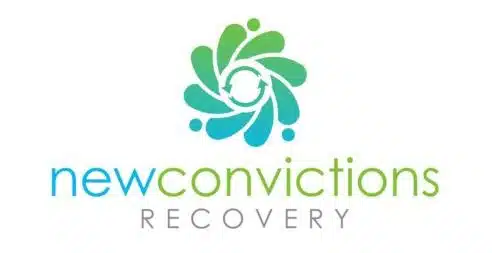In recent years, there has been increasing attention towards understanding and addressing the societal impact of pornography addiction. As more individuals and families seek interventions for this issue, an important aspect has come into focus: What is the role of legislation in regulating porn addiction counseling and therapy? This article aims to address this concept in its depth, exploring how laws affect the practice of counseling, relevant therapy policies, and legal considerations for patient privacy and safety.
The Relevance of Legislation in Porn Addiction Therapy
Laws and legislation play a crucial role in shaping the guidelines and ethical standards for all forms of therapy, including pornography addiction therapy. They help protect both the patient and the therapist, ensuring that care provided is ethical, safe, and effective. In addition to professional standards, these legal guidelines govern various aspects of therapy, such as confidentiality, mandated reporting, and issues related to informed consent.
Therapy Policies and Legal Requirements
Therapy policies for porn addiction are largely influenced by local, state, and national laws. These laws mandate the qualifications required to provide counseling services and establish a therapist’s rights and limitations while interacting with a patient. Importantly, these policies and laws also stipulate accountability mechanisms for therapists who violate professional ethics or breach their duty of care towards patients.
Patient Privacy and Legislation
One of the most critical aspects of therapy legislation relates to patient privacy. Laws such as the Health Insurance Portability and Accountability Act (HIPAA) set clear guidelines for maintaining patient confidentiality and outline how and when therapists can share private patient information. These privacy laws apply equally to porn addiction therapy, ensuring that patients can seek help without fear of stigmatization or undue publicity.
Frequently Asked Questions
-
- What rights do individuals have when seeking therapy for porn addiction?
Patients have the right to informed consent, confidentiality, and the right to receive care from a licensed professional. - How is patient confidentiality maintained in therapy?
Patient confidentiality is maintained through legal regulations such as HIPAA that restrict therapists from sharing patient information without explicit permission or exigent circumstances. - Can therapy policies vary by location?
Yes. While there are federal guidelines, the specifics can also be influenced by state and local laws.
- What rights do individuals have when seeking therapy for porn addiction?
Conclusion
In understanding the legislation that affects pornography addiction therapy, we appreciate the depth and breadth of safeguards in place to respect and protect individuals struggling with this issue. Laws and guidelines ensure ethical conduct, regulate therapy policies, and guard the privacy of patients. They reflect society’s commitment to destigmatize porn addiction and encourage individuals to access the professional support they need. The healing journey may be challenging, but with appropriate legislative support, individuals can safely navigate the path towards recovery.

